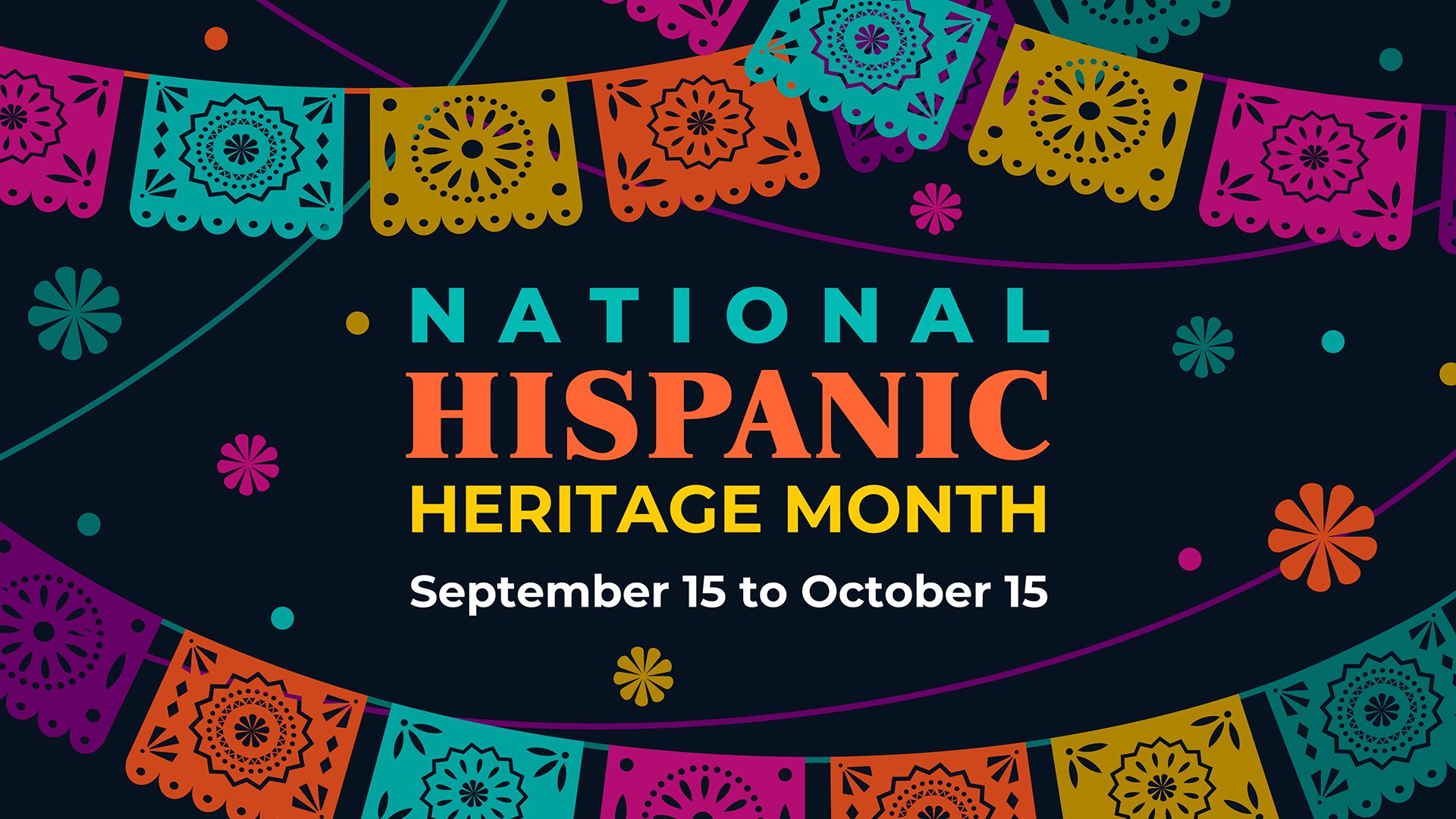Hispanic- and Latino-owned businesses are an economic powerhouse in the U.S., driving growth, innovation, and job creation. Nearly 5 million Hispanic-owned companies generate about $2.8 trillion in economic output and $800 billion in annual revenue, outpacing the overall growth of U.S. businesses. Understanding and addressing the unique needs of these businesses is crucial for advisory firms seeking to make a meaningful impact in this sector and foster growth. The September observance of Hispanic Heritage Month presents a timely opportunity to highlight the vital contributions of these businesses and explore ways to support their continued success.
The Economic Impact of Hispanic-Owned Businesses
Hispanic- and Latino-owned businesses are leading the charge in many sectors. According to the most recent State of Latino Entrepreneurship report, Latino-owned businesses have outpaced the growth of U.S. businesses in general since around 2007. From the start of the COVID-19 pandemic through late 2022, Latino-owned businesses grew revenue by an average of 25%, compared to 9% for white-owned companies. This incredible growth is not just an overnight phenomenon; it’s a trend that has been building for over 15 years.
In various industries and regions across the U.S., Hispanic- and Latino-owned businesses are making waves. In California, these businesses are particularly strong in construction, food services, and technical services. Texas boasts a significant presence of Hispanic-owned businesses in the oil and gas industry, retail, and food services. Florida’s hospitality and tourism sectors also benefit from a high concentration of Hispanic-owned businesses, while New York showcases a diverse Hispanic business landscape, including media, fashion, and food.
As Hispanic- and Latino-owned businesses continue to thrive across various industries and regions in the U.S., their impact is also being felt beyond national borders. In fact, investment in Latin America is picking up, driven in part by the same entrepreneurial spirit that has fueled the growth of Hispanic- and Latino-owned businesses domestically. There’s been a marked increase in outbound investment in the energy segment as well as in manufacturing and offshoring for professional services. This uptick is largely due to Latin American countries offering competitive advantages. Being in the same time zones as the U.S. also makes them ideal for offshoring professional services.
Understanding the Needs of Hispanic-Owned Businesses and the Challenges They Face
Hispanic- and Latino-owned businesses that operate domestically and internationally have different needs than those that operate solely in one country. These businesses face challenges such as tax compliance, navigating U.S. regulations, reporting requirements, and understanding the implications of tax treaties.
Businesses frequently turn to professional advisors to navigate the complex landscape of tax regulations and compliance requirements in both the United States and Latin America. When U.S. companies expand into Latin America or Hispanic and Latino businesses venture into the US market, they often need expert guidance to understand and adhere to these intricate tax laws and business practices. For startups, the challenge is even greater as they establish their operations. During these early stages, additional advice is vital due to the complex and often stringent reporting requirements imposed by the Internal Revenue Service on businesses operating in international markets.
Operating in multiple jurisdictions means contending with different deadlines, codes, and laws. Advisory firms and tax professionals are tasked with aligning disparate tax seasons and policies, necessitating a solid grasp on how these systems intersect and impact one another. The lack of tax treaties between the U.S. and many Latin American countries complicates the matter further. Advisors must learn how to navigate, advise clients on possible challenges, and educate them about new developments in foreign countries.
Best Practices for Serving Hispanic- and Latino-Owned Businesses
To truly support Hispanic- and Latino-owned businesses, advisory firms must first recognize the vital importance of cultural fluency and language proficiency, and prioritize these elements in their service approach. Speaking the same language and being attuned to cultural nuances can build trust, improve communication, and facilitate a better understanding of financial concepts and services, making it easier to provide valuable guidance.
The key is to bridge knowledge gaps through clear explanations and education on financial concepts and services. Empowering business owners with information and insights enables informed decision-making. Furthermore, fostering a culture of continuous learning within advisory firm teams and among clients is essential. This proactive approach ensures that Hispanic businesses stay ahead of emerging challenges and opportunities, providing them with the effective support they need to thrive.
Firms can further elevate their support for Hispanic- and Latino-owned businesses by prioritizing diversity and inclusion within their own ranks. By cultivating a team that understands and empathizes with the unique needs and perspectives of clients across various geographies, firms can unlock more effective support. For example, Aprio’s SOMOS Familia program exemplifies this approach, creating a vibrant community that empowers Hispanic and Latin-American team members to thrive.
SOMOS brings together employees with shared cultures to bond over experiences, successes, and challenges. The weekly meetings are designed to provide mentorship and support to Hispanic and Latin-American team members, demonstrating that their heritage is an advantage in their careers.
As the U.S. economy evolves, the significance of Hispanic- and Latino-owned businesses is becoming increasingly prevalent. By embracing cultural fluency, prioritizing diversity and inclusion, and delivering tailored support, advisory firms can unlock the potential of these businesses and empower the entrepreneurs behind them. Driving economic growth and fostering a more vibrant and inclusive business landscape is an important part of Hispanic Heritage Month. This sector’s transformative potential holds the key to its prosperity, unlocking benefits that resonate throughout the global economy and across communities worldwide, contributing to a brighter collective future.
About the Author
Vanessa Piedrahita is a tax partner and Latin America practice leader at Aprio. She has over 15 years of experience specializing in tax consulting, tax planning and compliance services focused on international clients, closely held businesses, corporations, partnerships and high net-worth individuals. She has expertise in advising U.S. and foreign companies on the tax implications of their international operations, handling ongoing and outgoing tax compliance challenges for U.S. citizens and foreign nationals as well as coordinating U.S. tax laws with foreign tax laws to develop an optimal worldwide tax strategy.
Thanks for reading CPA Practice Advisor!
Subscribe Already registered? Log In
Need more information? Read the FAQs




